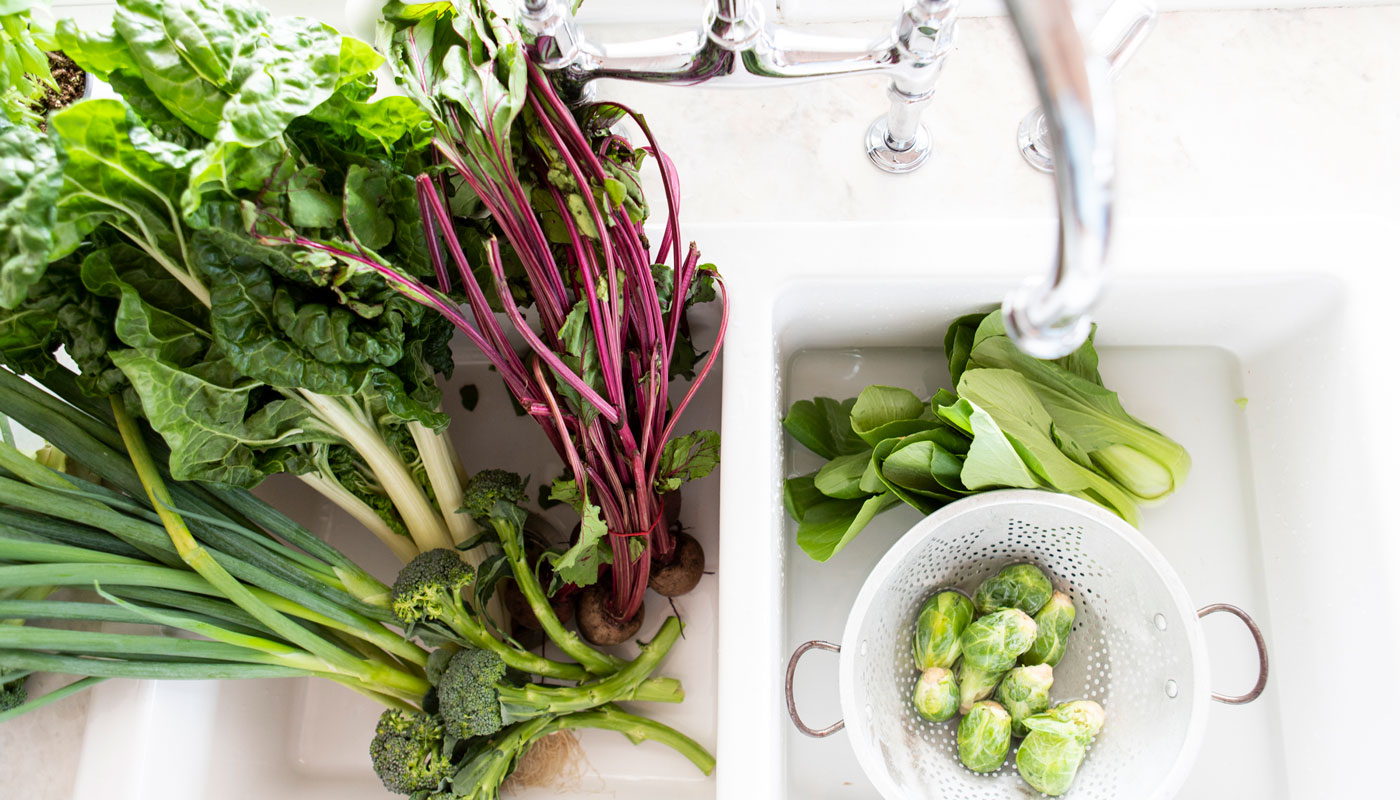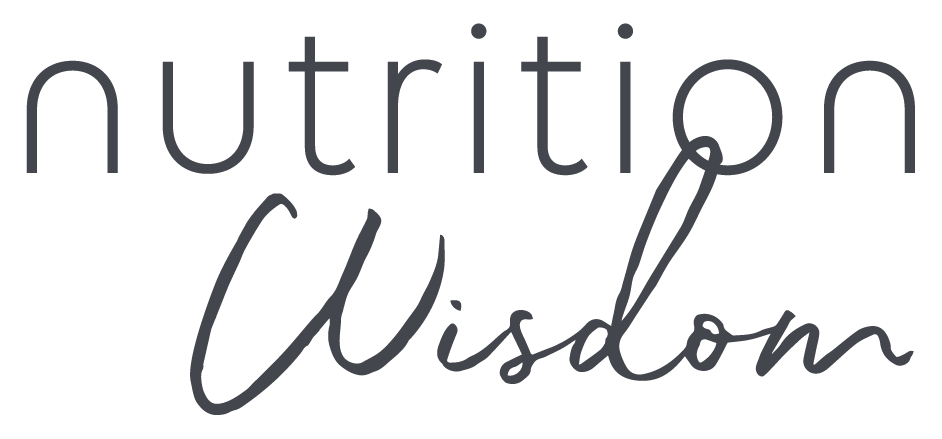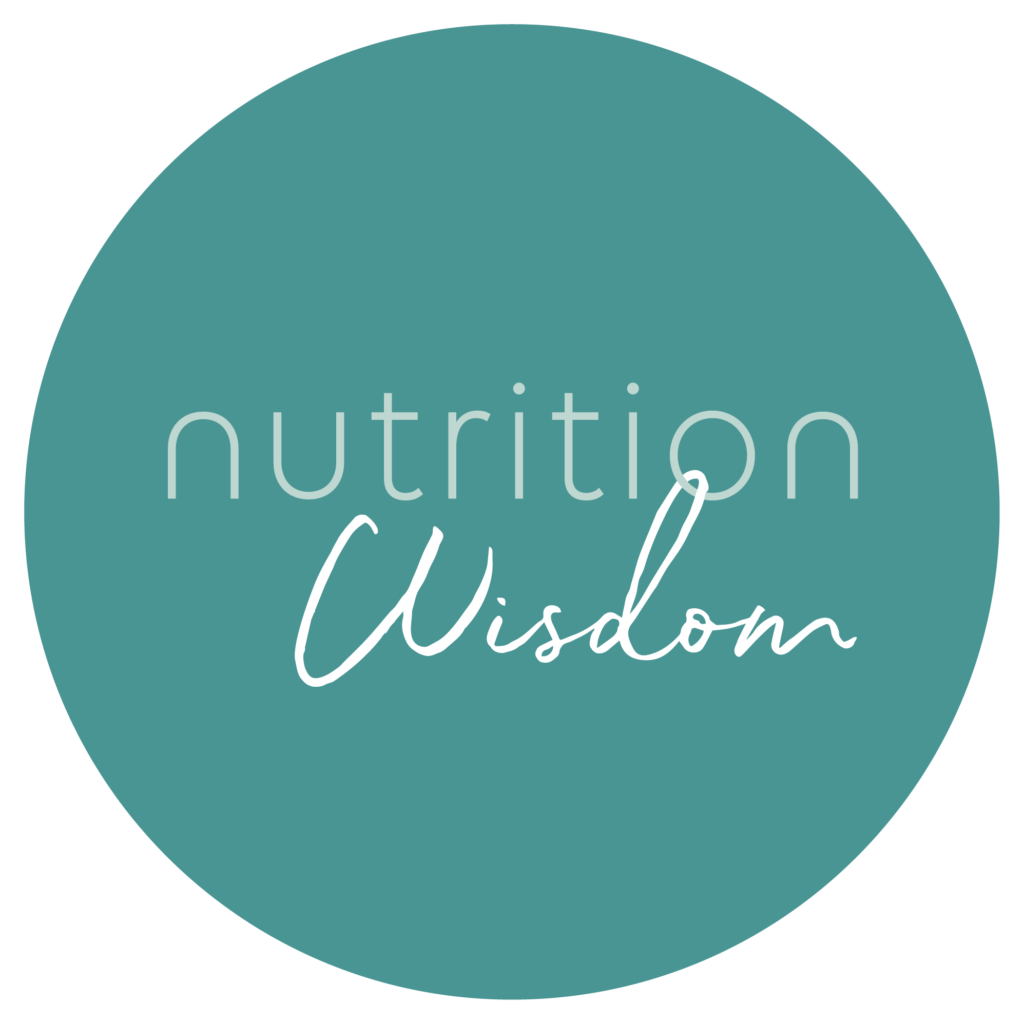
Endometriosis Diet
Have you ever wondered if there is a particular diet that is best for endometriosis? In this blog, we will explore how the Mediterranean diet, low FODMAP diet and gluten-free diet could all be incorporated into an endometriosis diet.
What is endometriosis?
Endometriosis or ‘endo’ is a chronic inflammatory condition where tissue like the one found inside the uterus (endometrium) can grow outside the uterus in areas such as the ovaries, fallopian tubes and in the tissue lining the pelvis.
This tissue behaves in the same way the endometrium does, it breaks, sheds and bleeds in every menstrual cycle. However, unlike the endometrium this tissue has no way to exit the body and becomes trapped. This can lead to the formation of cysts and the tissue surrounding it may develop into scar tissue.
The condition affects around 10% of women of reproductive age. Common symptoms of endometriosis include chronic pelvic pain, abnormal or heavy periods, infertility and altered bowel habit (constipation, diarrhoea, bloating).
There is no cure; however, lifestyle and diet changes can be helpful in managing painful endometriosis symptoms!
Other medically reviewed treatments for endometriosis include surgery to remove lesions and hormone therapy.
How can diet help endometriosis symptoms?
Inflammation is one of the main factors in endometriosis, thus focusing on anti-inflammatory foods can have a positive effect in reducing symptoms and slowing the progression of the disease.
One of the best known anti-inflammatory lifestyles is The Mediterranean Diet. The traditional eating pattern of the countries bordering the Mediterranean Sea. These include countries such as Greece, Southern Italy, and Spain.
There is no one style or diet, as it varies from country to country, but there are some common key foods shared among them:
- Olive oil
- Fish and seafood
- Nuts and seeds
- Wholegrains
- Fresh fruit and vegetables
There is very little red meat, processed meat or processed sugars consumed in the Mediterranean diet.
How are these foods anti-inflammatory?
These foods contain omega 3 fatty acids, antioxidants and polyphenols.
Omega 3 fatty acids
Omega 3 fatty acids help to down-regulate pro-inflammatory signalling molecules in the body. The best sources of Omega 3 fatty acids are oily fish such as salmon sardines, mackerel, Walnuts, chia seeds and flaxseeds.
Antioxidants
Antioxidants can be made by your body and found in foods. They act as a great defender to your cells, offering protection against oxidative damage which leads to inflammation. Spinach, berries, beetroot, beans and cabbage are great sources of antioxidants.
Polyphenols
Polyphenols are compounds found in plants that work as antioxidants to protect your body’s cells against damage. There are over 8000 types of polyphenols and they can be found in a range of plant foods including turmeric, berries, apples, onions, oats.
Endometriosis and Low FODMAP diet
Unfortunately, it is common for women with endometriosis to be initially misdiagnosed with irritable bowel syndrome (IBS). Why? Intense abdominal and pelvic pain are common symptoms of both.
Even once diagnosed with endometriosis, women with the condition are 2.5 times more likely to be diagnosed with IBS!
The low FODMAP diet has shown to be effective in reducing gut symptoms in women with endometriosis. FODMAPs are a group of short-chain carbohydrates that are poorly absorbed in the gut. FODMAPs (Fermentable Oligosaccharides, Disaccharides, Monosaccharides and Polyols) are found in the following foods:
- Fructans. Food examples: onion, garlic, wheat, brussel sprouts, beetroot Galacto-oligosaccharides: legumes, pistachios, cashews.
- Lactose. Food examples: dairy products (e.g. milk, yoghurt, ice-cream, cream, soft cheese).
- Fructose. Food examples: Apples, pears, mangoes, cherries, honey, asparagus.
- Sorbitol. Food examples: avocado, stone fruit, apples, pears.
- Mannitol. Food examples: mushrooms, cauliflower, celery, sweet potato.
For people with IBS, FODMAP foods can cause symptoms of bloating, excessive gas, diarrhoea and/or constipation.
The low FODMAP diet involves eliminating all FODMAPs from the diet for a period of 4-6 weeks before challenging them back in to determine individual tolerance levels.
If you are thinking about implementing the low FODMAP diet, please do it with the support of a dietitian who understands both IBS and endometriosis.
Also, if you are not sure what you are experiencing, it is always important to seek medical advice.
Endometriosis and gluten
Gluten is a protein found in wheat, rye, and barley. In recent years, this nutrient has taken front row in health and wellbeing discussions as something to be avoided. For people with coeliac disease, gluten can trigger an immune reaction which can damage the small intestine and lead to the malabsorption of nutrients among other health concerns.
There has been increased interest in the role of gluten in endometriosis and symptom management.
Can a gluten-free diet help reduce endometriosis symptoms?
There have been studies where women with endometriosis have had a significant reduction in pain of around 50-75% after following a gluten free diet. The mechanism behind it is not yet known. It is suggested that painful symptoms decrease after 12 months of following a gluten-free diet.
Endometriosis and constipation
Constipation is a commonly reported symptom of endometriosis. Consuming enough fibre rich foods, such as fruits and vegetables, whole grains, legumes, nuts and seeds can help to aid bowel movements. However, it’s important to go slow when increasing fibre intake and to also increase your water intake to avoid further constipation.
In addition to eating a fibre-rich diet, a fibre supplement such as Partially Hydrolyzed Guar Gum (PHGG) and psyllium husk may also be beneficial. Another strategy for reducing constipation is gentle movement, like walking or yoga, as it can help to stimulate the bowel.
Pelvic floor physiotherapy
Pelvic floor physiotherapists are experts in pelvic floor dysfunction and can provide expert advice on how to manage symptoms such as pelvic pain and constipation.
Healthy lifestyle habits for endometriosis
Stress
Life in the modern world is becoming more and more stressful.
Stress and endometriosis are closely linked, they can both worsen the other and women can get stuck in another vicious cycle.
The psychological and lifestyle toll that endometriosis takes on women when it comes to friendships, work, sexual relationships, fertility etc. has also a physiological impact on our body. Chronic stress increases our risk of developing depression, anxiety, IBS, heart disease, high blood pressure, eczema and acne.
As we said, it was a vicious cycle, more inflammation can lead to more pain which can lead to more stress and so on.
Eliminating stress is an unrealistic expectation, right?
It is important to seek support from your doctor, psychologist and counsellor to help manage stress. The following activities can also help to reduce stress:
- Meditation
- Breathing exercises
- Gardening, journaling
- Walking
- Socialising with friends
- Participating in regular community activities
Sleep
Sleep is important for all processes happening in our body, including our immune function, mental and physical health.
Research tells us that women with endometriosis experience more sleep disturbances and poorer sleep compared to women without the condition, mainly due to the pain.
In addition, poor sleep quality can also increase pain sensitivity.
Turns out that endometriosis and poor sleep can be a vicious cycle!
Engaging in regular physical activity has been found to help reduce insomnia and improve sleep by increasing the secretion of melatonin, a hormone released by our body at night that regulates our sleep cycles.
Exercise
Exercise can be a positive way of managing many symptoms of endometriosis!
Along with the benefits of improved sleep and stress levels, being active can also provide pain relief by helping the body to release endorphins (feel-good chemicals). It can help to reduce pelvic floor and abdomen cramping through improved mobility and muscle relaxation.
Regular movement has shown to improve symptoms of depression and anxiety that are often linked to endometriosis. It can help to improve fatigue and brain fog also commonly experienced by women with endometriosis.
Endometriosis diet summary
Endometriosis is an estrogen-driven inflammatory condition that affects up to 10% of women. Diet can play an important role in helping to reduce inflammation and symptom severity. The Mediterranean diet is comprised of foods that are rich sources of anti-inflammatory compounds such as antioxidants, polyphenols and omega 3 fatty acids. A low FODMAP diet may help to reduce bowel symptoms such as bloating, wind, constipation and diarrhoea. A gluten-free diet may also help reduce the severity of pelvic pain.
For more information on endometriosis please visit Endometriosis Australia
If you are looking for one-on-one support from one of our dietitians contact us today.
Endometriosis diet meal plans
We have a range of meal plans available in our online shop. We have a Mediterranean diet and multiple low FODMAP diet meal plans available. 7 days, over 30 different recipes.
Louisa Stephens is a Nutritionist and Dietitian located in Brisbane. She specialises in food allergies and intolerances and is passionate about women’s health conditions. To book an appointment please call 07 3088 3733 or book online.

